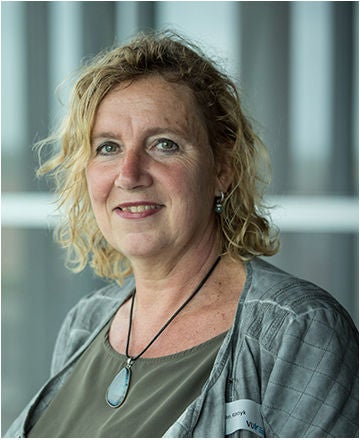During your studies, you zoomed in on micro-organisms, performed experiments and ran tests in search of solutions to all sorts of problems. During your internship, you were embedded in a research group and developed strong research skills. Naturally, you also have a solid theoretical foundation, which you acquired entirely in English. And you investigated in great depth—more so than medical students—the processes that take place in the human body in sickness and in health. For example, you learnt to look at the treatment of and interventions for diseases like cancer from a range of different perspectives.
The skills you have acquired can take you in many directions, be it in a university or in the medical world. You might choose to do research on a certain disease, for example, or to develop new vaccines.
